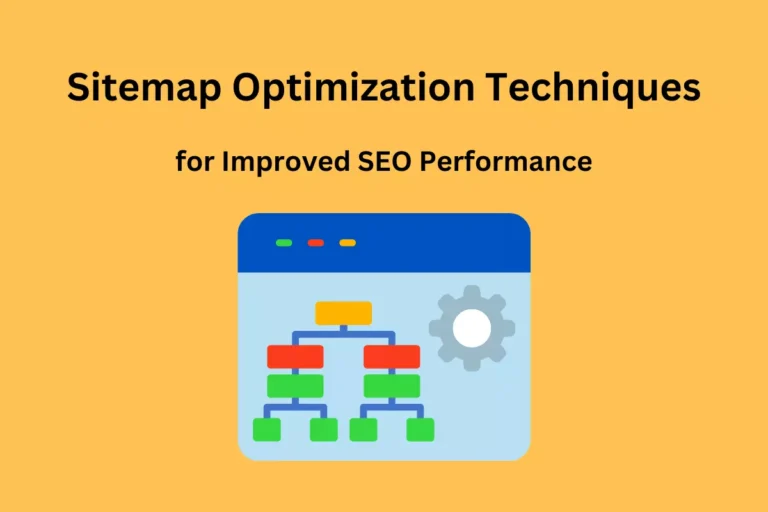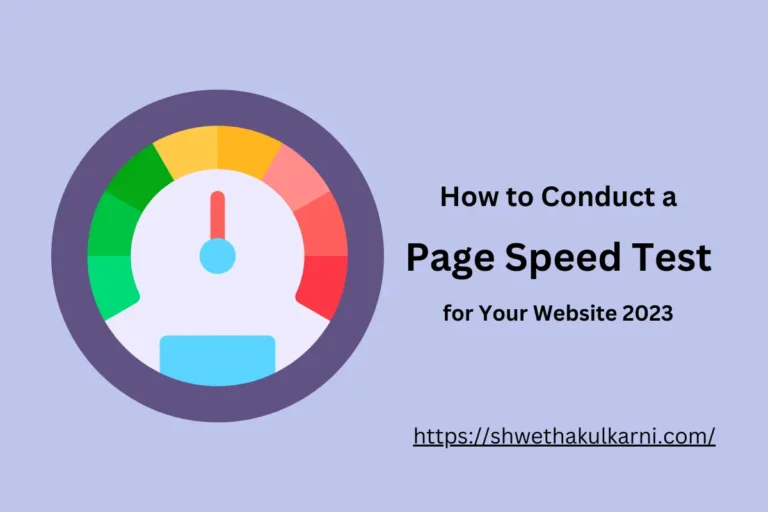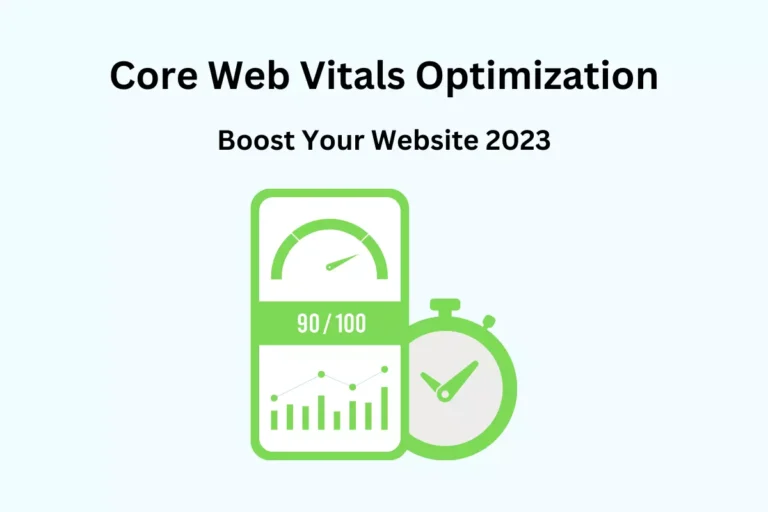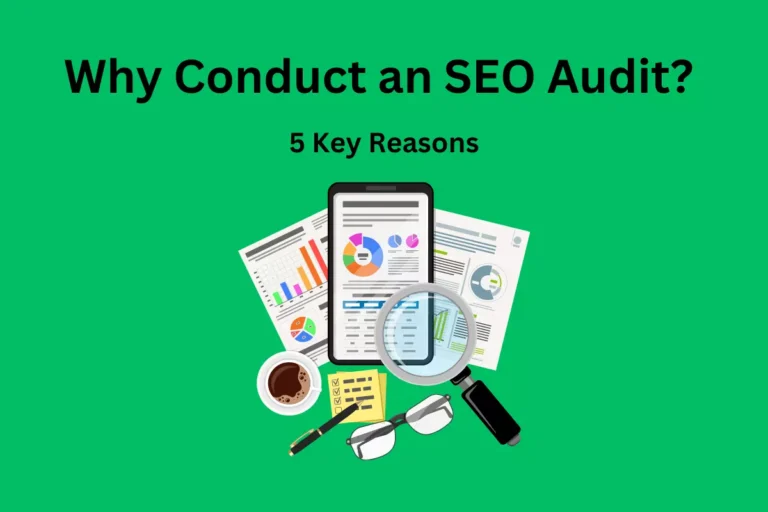In today’s highly competitive online landscape, having a solid SEO strategy is crucial for achieving success. Search Engine Optimization (SEO) helps businesses improve their online visibility, drive targeted traffic to their websites, and ultimately boost conversions. One approach to SEO that has gained widespread recognition is White Hat SEO. This article will provide a comprehensive guide to White Hat SEO, covering its principles, techniques, and best practices.
Introduction
Importance of SEO for Online Success
In the digital age, where consumers increasingly rely on search engines to find products, services, and information, having a strong online presence is paramount. Effective SEO strategies help businesses rank higher in search engine results pages (SERPs), enabling them to capture organic traffic and gain a competitive edge.
Overview of White Hat SEO
White Hat SEO refers to ethical and legitimate optimization techniques that align with search engine guidelines. Unlike Black Hat SEO, which employs deceptive tactics to manipulate rankings, White Hat SEO focuses on providing value to users, improving website quality, and adhering to search engine policies.
Understanding White Hat SEO
Definition and Principles of White Hat SEO
White Hat SEO involves optimizing websites using techniques that prioritize the user’s experience and comply with search engine guidelines. It emphasizes creating high-quality content, employing proper optimization strategies, and building natural and relevant backlinks.
Differentiating White Hat SEO from Other SEO Techniques
White Hat SEO stands in contrast to Gray Hat and Black Hat SEO techniques. While Gray Hat SEO may involve some borderline tactics, Black Hat SEO employs unethical practices that can lead to penalties from search engines. White Hat SEO is the preferred long-term approach as it builds credibility, establishes trust, and fosters sustainable online success.
Conducting Keyword Research
Importance of Keyword Research in White Hat SEO
Keyword research is a fundamental aspect of White Hat SEO. By identifying relevant keywords and phrases that align with your target audience’s search intent, you can optimize your website’s content to rank higher in SERPs.
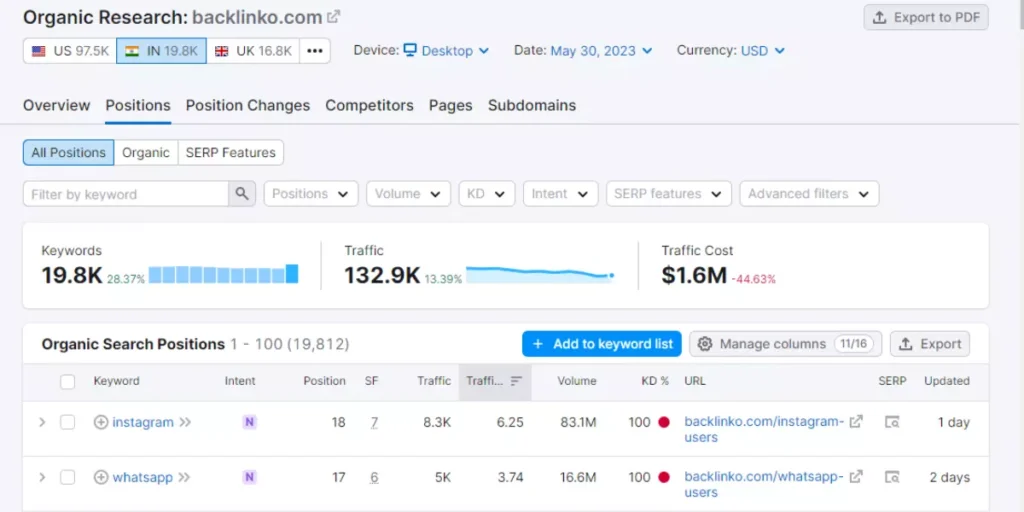
Tools and Strategies for Effective Keyword Research
To conduct effective keyword research, you can leverage various tools such as Google Keyword Planner, SEMrush, and Moz Keyword Explorer. These tools provide insights into search volume, keyword difficulty, and related terms, allowing you to make informed decisions about your content strategy.
Analyzing Keyword Competitiveness and Search Volume
Apart from search volume, it’s crucial to assess keyword competitiveness. Highly competitive keywords may be more challenging to rank for, especially for newer websites. Balancing search volume and competition helps you target keywords that offer the best opportunities for visibility and traffic.
Read My Article On Top 5 Free Keyword Research Tools for SEO
On-Page Optimization Techniques
Optimizing Meta Tags and Descriptions
Meta tags and descriptions play a vital role in informing search engines about your website’s content. By optimizing these elements with relevant keywords and compelling descriptions, you can improve click-through rates and increase the likelihood of ranking higher in SERPs.
Utilizing Proper Heading Structure and Keyword Placement
Properly structuring your content with headings (H1, H2, H3, etc.) not only enhances readability but also helps search engines understand the hierarchy and relevance of your content. Additionally, strategic keyword placement within headings and throughout the content further reinforces your website’s relevancy for target keywords.
Enhancing Website Speed and Mobile Optimization
Website speed and mobile optimization are critical factors for both user experience and SEO. Optimizing page load times, compressing images, and implementing responsive design ensures that your website delivers a seamless browsing experience across different devices, contributing to improved rankings.
Read My Article On How to Conduct a Page Speed Test for Your Website
Improving User Experience and Site Navigation
Creating a user-friendly website with intuitive navigation enhances the overall user experience. A well-structured website with clear menus, logical categorization, and internal linking makes it easier for both users and search engines to navigate and understand your content.
Creating High-Quality Content
Importance of Content Quality and Relevance
In the realm of SEO, content is king. High-quality, relevant content not only attracts and engages visitors but also helps establish your website’s authority and credibility. Search engines prioritize content that provides value and answers user queries effectively.
Developing a Content Strategy for White Hat SEO
Developing a comprehensive content strategy involves understanding your target audience’s needs and aligning your content creation efforts with their interests. By identifying relevant topics, incorporating relevant keywords, and maintaining a consistent publishing schedule, you can attract organic traffic and foster user engagement.
Writing Engaging and Informative Blog Posts and Articles
When crafting blog posts and articles, aim to captivate readers with engaging introductions, storytelling techniques, and actionable insights. Utilize personal pronouns, ask rhetorical questions, and incorporate analogies and metaphors to create a conversational and relatable tone.
Read My Article On How 2 Create A Blog In WordPress
Incorporating Multimedia Elements into Content
To enhance the visual appeal and engagement of your content, incorporate multimedia elements such as images, videos, infographics, and charts. Visual content helps break up the text, makes it more digestible, and increases the likelihood of social sharing and backlink acquisition.
Building Natural and Relevant Backlinks
Understanding the Role of Backlinks in White Hat SEO
Backlinks, or incoming links from other websites, are crucial signals for search engines to determine your website’s authority and relevance. However, it’s essential to focus on acquiring natural and relevant backlinks rather than resorting to manipulative or spammy link-building tactics.
Strategies for Earning High-Quality Backlinks
Earning high-quality backlinks involves creating exceptional content that naturally attracts links from reputable websites. Additionally, you can reach out to industry influencers, engage in guest blogging opportunities, participate in online communities, and leverage social media to increase your chances of acquiring valuable backlinks.
Guest Blogging and Influencer Outreach
Guest blogging allows you to showcase your expertise on other authoritative websites, gaining exposure and earning backlinks. Influencer outreach involves building relationships with influencers in your industry and collaborating on content or campaigns that mutually benefit both parties.
Avoiding Black Hat Link-Building Techniques
It’s crucial to steer clear of black hat link-building techniques such as buying links, link farms, and automated link building. These practices violate search engine guidelines and can result in severe penalties that harm your website’s rankings and reputation.
User Experience and Website Usability
Enhancing Website Usability and Accessibility
A user-friendly website with clear navigation, fast load times, and accessible design elements ensures a positive user experience. An intuitive interface, easy-to-understand menus, and logical site structure contribute to increased user satisfaction and longer visit durations.
Optimizing Site Structure and Internal Linking
Organizing your website’s content into well-defined categories and subcategories helps search engines understand the topical relevance of your pages. Internal linking between related pages assists in spreading authority and aids users in navigating to relevant content within your website.
Providing Clear and Intuitive Navigation
Clear and intuitive navigation is essential for guiding users through your website. Including a search bar, breadcrumbs, and a sitemap enhances user experience, reduces bounce rates, and improves the discoverability of your content.
Optimizing for Mobile Devices and Responsive Design
In the mobile-centric era, optimizing your website for mobile devices is crucial. Responsive design ensures that your website adapts seamlessly to different screen sizes and resolutions, providing a consistent user experience across all devices.
Social Media Engagement and Branding
Leveraging Social Media Platforms for SEO Benefits
Social media platforms offer a unique opportunity to engage with your audience, amplify your content’s reach, and drive traffic to your website. Sharing your content, encouraging social sharing, and actively participating in relevant conversations contribute to increased brand visibility and potential backlink acquisition.
Building Brand Authority and Online Presence
Consistently delivering valuable content, interacting with your audience, and positioning yourself as an authority in your niche strengthens your brand’s reputation and online presence. Establishing credibility attracts more organic traffic, social shares, and potential collaboration opportunities.
Encouraging Social Sharing and Engagement
Engaging with your audience on social media and encouraging social sharing helps broaden your content’s reach. Implement social sharing buttons on your website and create shareable content that sparks conversations, prompting users to interact, comment, and share with their networks.
Monitoring and Analyzing SEO Performance
Utilizing Analytics Tools to Track SEO Progress
To measure the effectiveness of your SEO efforts, it’s essential to leverage analytics tools like Google Analytics, Google Search Console, and third-party SEO platforms. These tools provide valuable insights into organic traffic, keyword rankings, user behavior, and conversion rates.
Measuring Organic Traffic, Rankings, and Conversions
Monitoring organic traffic trends, tracking keyword rankings, and assessing conversions allow you to gauge the impact of your SEO strategies. By identifying successful tactics and areas for improvement, you can make data-driven optimizations to drive continuous growth.
Making Data-Driven Optimizations
Regularly analyzing SEO performance data enables you to identify opportunities for improvement and make informed decisions. Whether it’s adjusting keyword targeting, refining on-page elements, or optimizing conversion funnels, data-driven optimizations contribute to long-term SEO success.
Staying Up-to-Date with SEO Trends and Algorithm Changes
Importance of Staying Informed about SEO Industry Updates
The SEO landscape is ever-evolving, with search engines continuously updating their algorithms and ranking factors. Staying informed about the latest trends and algorithm changes helps you adapt your strategies to maintain and improve your website’s visibility and rankings.
Following Reputable SEO Blogs and Resources
To stay updated, follow reputable SEO blogs, industry forums, and influential figures in the SEO community. These sources provide valuable insights, expert opinions, and practical tips that can enhance your SEO knowledge and inform your optimization efforts.
Adapting Strategies to Algorithm Changes
When search engine algorithms change, it’s essential to assess the impact on your website’s performance and adjust your strategies accordingly. Adapting to algorithm updates helps ensure that your website remains compliant, maintains visibility, and continues to drive organic traffic.
Frequently Asked Questions
What is the difference between White Hat SEO and Black Hat SEO?
White Hat SEO employs ethical techniques that comply with search engine guidelines, while Black Hat SEO uses deceptive tactics that can lead to penalties.
How important is keyword research in White Hat SEO?
Keyword research is crucial in White Hat SEO as it helps identify relevant keywords to optimize your content and improve rankings.
How can I earn high-quality backlinks for my website?
Earning high-quality backlinks involves creating exceptional content, guest blogging, influencer outreach, and engaging in relevant online communities.
Why is user experience important in SEO?
User experience plays a significant role in SEO as search engines prioritize websites that provide a positive and seamless browsing experience.
How can I stay up-to-date with SEO trends and algorithm changes?
Staying informed through reputable SEO blogs, industry forums, and influential figures helps you adapt your strategies to algorithm changes and industry updates.
XI. Conclusion
A. Recap of the Key Points Discussed
Throughout this article, we have explored the fundamental principles and techniques of White Hat SEO. We discussed the importance of SEO for online success, the definition and differentiation of White Hat SEO from other approaches, and the various strategies and tactics involved in implementing White Hat SEO effectively.
B. Encouragement to Implement White Hat SEO Techniques for Long-Term Success
White Hat SEO provides a sustainable and ethical approach to optimize your website for search engines while delivering value to your audience. By implementing the strategies outlined in this article, you can improve your website’s visibility, attract targeted traffic, and achieve long-term success in the competitive online landscape.
Now I would love to hear from you.
Make yourself known by leaving a comment here. I look forward to your response and welcome any other ideas as they emerge!
As a digital marketing consultant, My ultimate goal is to empower businesses to thrive in the digital landscape.
I believes that a well-executed digital strategy can transform a company’s online presence, drive growth, and create meaningful connections with target audience.
To Know More Click Here!


